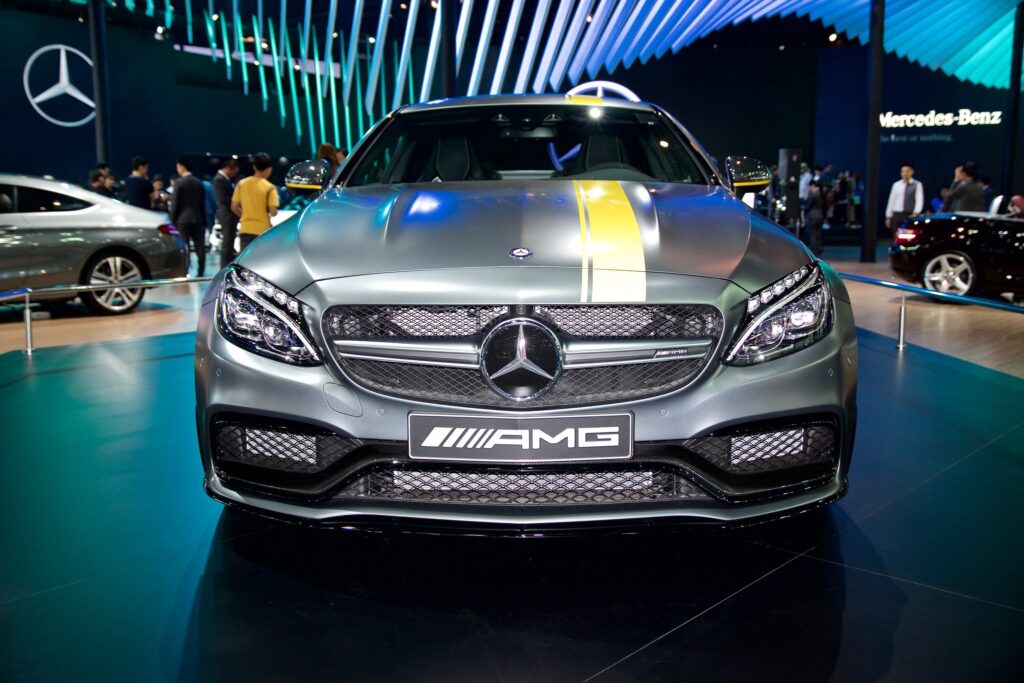Thailand’s sluggish economy affects manufacturers in all car segments, including luxury, which is usually resilient due to strong customer purchasing power.
The Thai car market is facing a difficult period, with even prestige brands needing help to escape the impact of the economic downturn and tighter credit conditions.
Mercedes-Benz, the leader in the premium segment, is facing a significant drop in sales, reflecting the all-encompassing crisis gripping the country’s automotive industry. The situation is forcing manufacturers to adapt to a new reality in which the production of electric vehicles is becoming the key to future success.
According to Mercedes-Benz (Thailand), the drop in domestic car sales in Thailand is having a widespread impact on the automotive industry, including the premium car segment, which usually counteracts the downturn in consumer spending.
Thailand’s sluggish economy, coupled with banks tightening auto lending measures to cope with high household debt levels, is impacting manufacturers in various automotive segments, including the luxury car segment, which is usually resilient due to high purchasing power.
'The auto industry has been hit by the economic downturn this year, making it difficult for manufacturers to increase sales, including general passenger cars and luxury cars,' Martin Schwenk, president and CEO of Mercedes-Benz (Thailand), told the Bangkok Post.According to Schwenk, total car sales in the country are not expected to reach the 750,000-800,000 unit level in 2024. Last year, domestic car sales totalled 775,780 units, down 8.6 per cent from the previous year, according to the Federation of Thai Industries (FTI).
Schwenk said that the auto industry is facing intense competition and pressure, making it challenging to forecast Mercedes-Benz’s sales volume for 2024. Last year, 13,118 Mercedes-Benz vehicles were registered, and total sales in the luxury car segment in the country reached 43,553 units.
FTI said domestic car sales in April this year fell 21.5 percent year-on-year to 46,738 units, mainly due to delayed government budget spending, tightening of banks’ criteria for car loans, and weak purchasing power.
From January to April, car sales fell 23.9 per cent year-on-year to 210,494 units.
Despite the decline in overall car sales, Mercedes-Benz (Thailand) sees promise in the government-promoted electric vehicle industry. The company has signed a 10-year contract with Thonburi Automotive Assembly Plant Ltd, a long-term vehicle assembly and battery production partner.
'We are entering a new era by becoming the first luxury car brand to manufacture batteries and assemble electric vehicles, starting with the EQS 500 4MATIC AMG Premium,' Schwenk said.The company’s assembly plant in Samut Prakan produces more than 13 Mercedes-Benz car models, including the A-Class, C-Class, E-Class and S-Class. Schwenk said the company is not concerned about the emergence of Chinese electric car makers in Thailand as they are targeting different markets.
Globally, Mercedes-Benz is focusing on producing hybrid electric vehicles to replace internal combustion engines by 2025.

More Articles Here
More Articles Here










